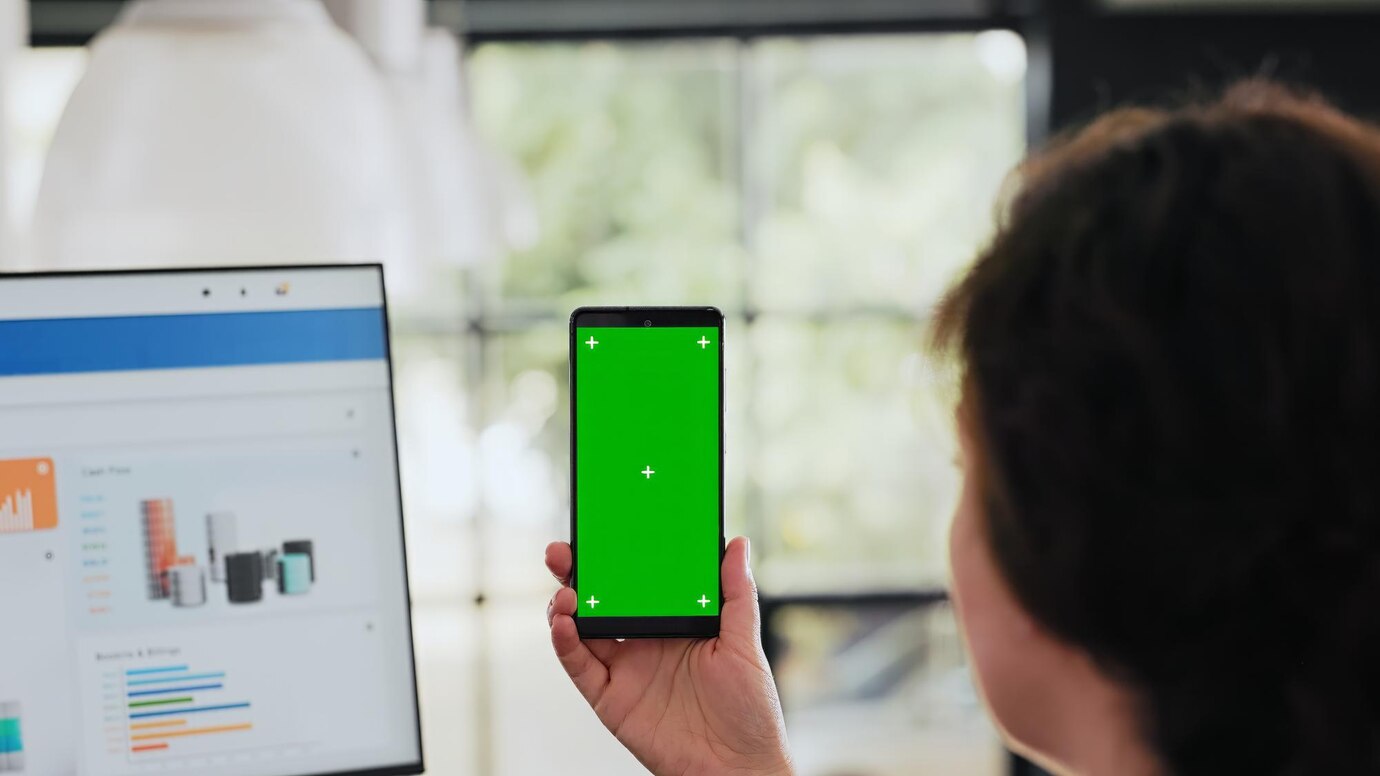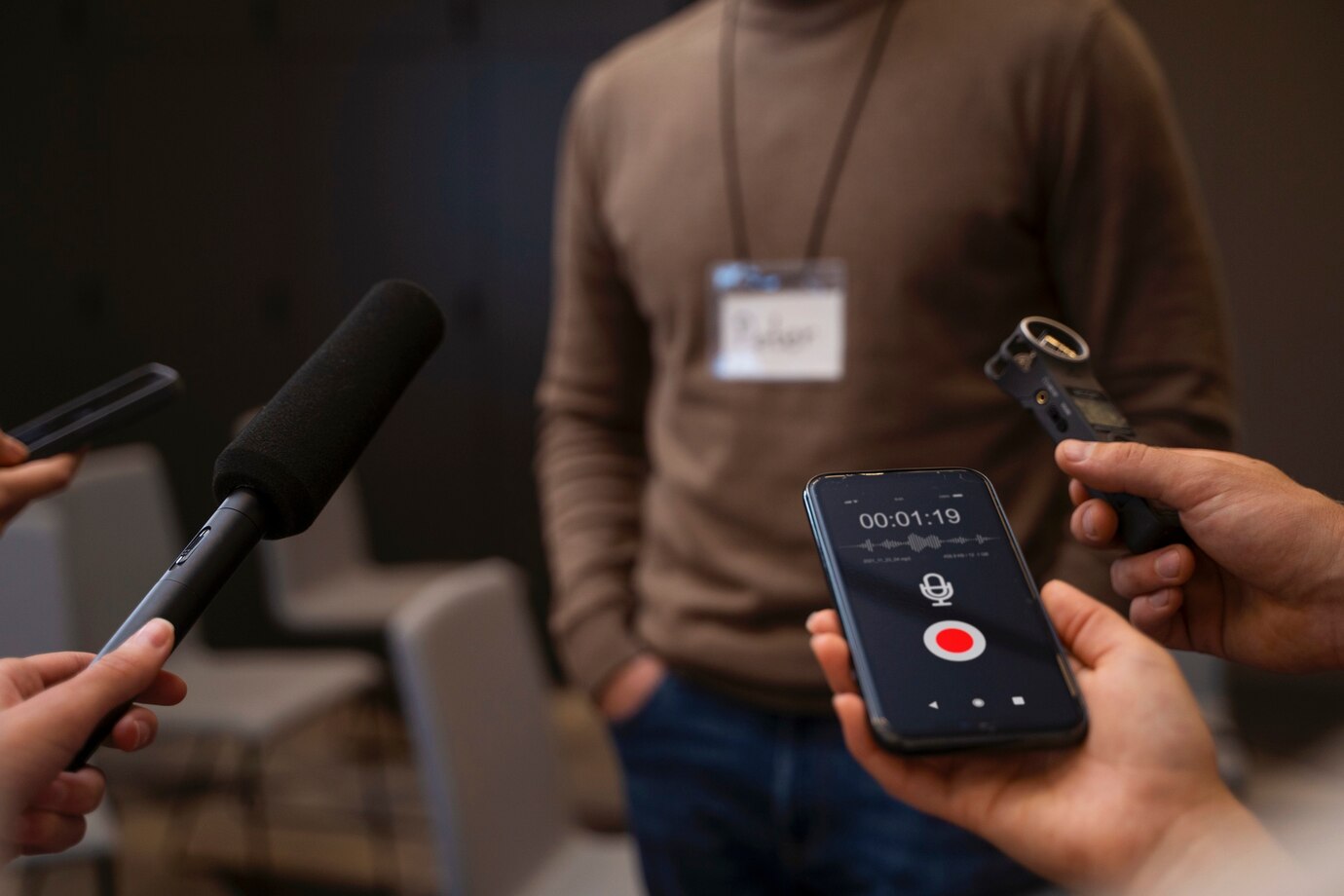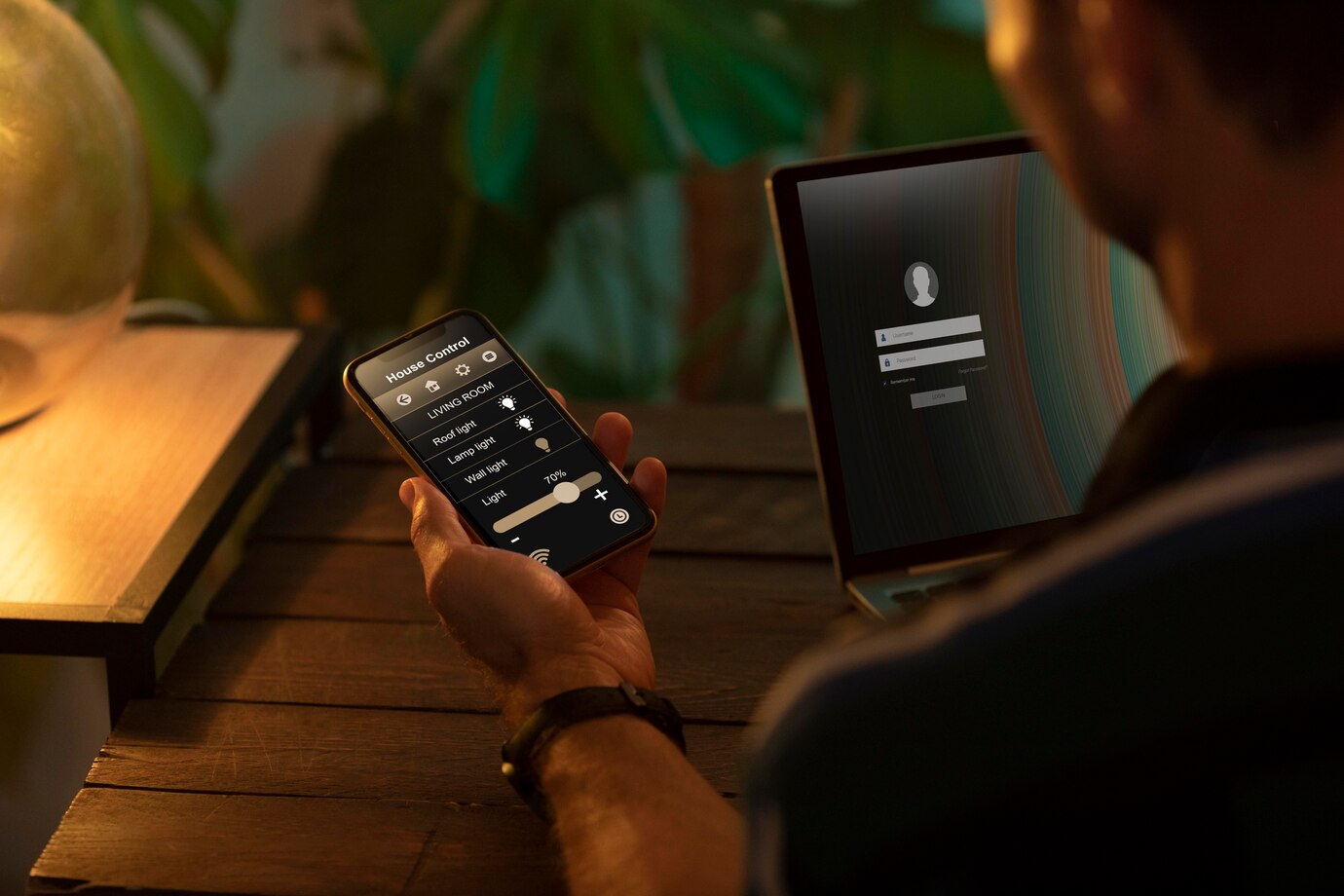The Role of Voice Recognition in Mobile Apps
The integration of voice recognition technology into mobile applications has transformed how users interact with their devices. Mobile app developers are increasingly embracing this innovation, recognizing its potential to revolutionize user experiences and accessibility. With advancements in artificial intelligence (AI) and natural language processing (NLP), voice recognition is no longer a futuristic concept; it has become an essential feature in modern Mobile Apps. This blog explores the significance of voice recognition, its impact on mobile app development, and the opportunities it presents for developers.
Enhancing User Experience

Voice recognition technology has redefined user interaction by offering a hands-free, intuitive way of engaging with mobile applications. For instance, users can now send messages, search the web, or set reminders simply by speaking commands. This convenience not only saves time but also provides an inclusive experience for people with disabilities or those unable to use traditional touch interfaces.
Mobile app developers are leveraging voice recognition to create personalized and context-aware applications. By integrating AI algorithms, apps can understand user intent more effectively, offering tailored responses. For example, virtual assistants like Siri, Google Assistant, and Alexa utilize sophisticated voice recognition to deliver seamless interactions, setting the benchmark for other mobile applications.
Boosting Accessibility

One of the most significant contributions of voice recognition technology is its role in improving accessibility. Mobile app developers can design applications that cater to visually impaired users, individuals with limited mobility, or those with learning disabilities. Voice commands eliminate the need for navigating complex menus or typing, making technology more inclusive.
Educational apps, for instance, are incorporating voice recognition to assist children and adults in learning new languages or improving pronunciation. Similarly, healthcare apps are using this technology to enable patients to describe symptoms or receive guidance without manual input, ensuring that critical services are available to all users.
Improving Productivity and Efficiency

Voice recognition technology has also found its place in productivity-focused Mobile Apps. Professionals can dictate notes, draft emails, or schedule meetings without typing, significantly improving efficiency. For app developers, this opens the door to creating solutions that cater to busy users who value time-saving features.
Applications in sectors like logistics, field services, and customer support are increasingly adopting voice recognition. For example, delivery personnel can use voice commands to update order statuses, and customer service representatives can streamline workflows by dictating case notes. These applications not only enhance productivity but also reduce errors associated with manual entry.
Driving Innovation in E-commerce and Entertainment

In e-commerce, voice recognition is transforming the shopping experience. Mobile app developers are integrating this technology to enable voice-activated searches, personalized recommendations, and secure voice authentication for payments. Consumers can simply ask their app to find a product, compare prices, or complete a purchase, making the process more engaging and effortless.
In the entertainment industry, voice recognition is reshaping how users interact with content. Streaming apps now allow viewers to search for movies, play specific songs, or control playback using voice commands. Gaming apps are also exploring voice-controlled gameplay, providing users with a novel and immersive experience.
Challenges for Mobile App Developers

Despite its numerous advantages, implementing voice recognition in Mobile Apps comes with challenges. One major hurdle is ensuring accuracy in diverse environments and across various accents, languages, and dialects. Mobile app developers must invest in robust AI training models and extensive datasets to address these complexities.
Another challenge is maintaining user privacy and security. As voice data is sensitive, developers need to implement stringent encryption and comply with data protection regulations to safeguard user information. Ensuring that the technology processes voice inputs locally rather than relying solely on cloud-based systems can also enhance security.
The Future of Voice Recognition in Mobile Apps

The future of voice recognition in Mobile Apps is promising, with continuous advancements in AI and NLP driving its evolution. Mobile app developers can expect to see more seamless integrations, improved accuracy, and expanded use cases across industries.
For instance, voice biometrics is emerging as a robust authentication method, replacing traditional passwords and PINs. This will not only enhance security but also simplify login processes for users. Additionally, as voice recognition becomes more context-aware, applications will be able to interpret emotions and provide empathetic responses, further enhancing user satisfaction.
Developers are also exploring the potential of combining voice recognition with other technologies like augmented reality (AR) and the Internet of Things (IoT). This integration could enable voice-controlled smart home devices, interactive educational tools, and immersive gaming experiences.
Conclusion

Voice recognition technology is redefining the landscape of mobile app development. It offers unparalleled opportunities for mobile app developers to create innovative, accessible, and user-friendly solutions. While challenges remain, the potential benefits far outweigh the hurdles, making voice recognition a critical component of the Mobile Apps of tomorrow. As this technology continues to evolve, developers who embrace and master its integration will be at the forefront of delivering cutting-edge applications that resonate with users worldwide.






